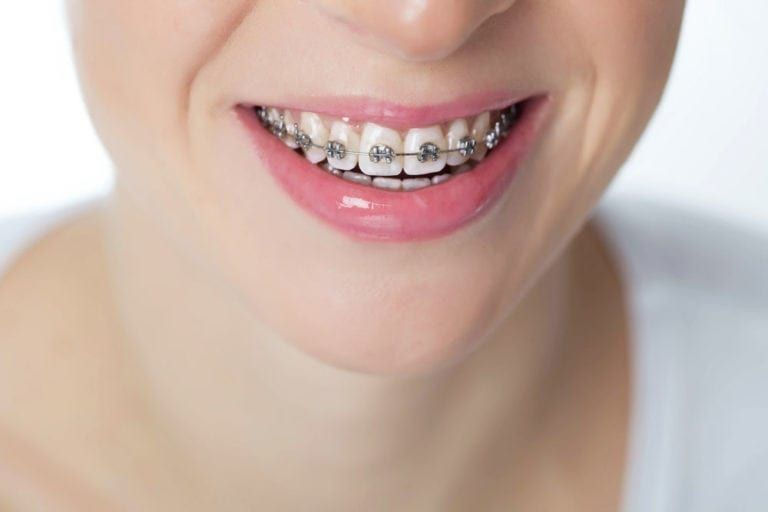Tooth Extractions Explained: When and Why They’re Necessary
- dclinicdubai
- Jun 5, 2025
- 4 min read
Tooth extraction is often seen as a last resort in dental care, yet it can be a crucial procedure for protecting long-term oral health. Whether due to decay, trauma, or crowding, removing a tooth may be the best course of action to prevent further complications. For patients considering Dental Extractions in Dubai, modern clinics offer safe and minimally invasive techniques to ensure comfort and quick recovery. Understanding the reasons behind extractions and when they’re necessary can help you make informed decisions about your dental care.

Common Reasons for Tooth Extractions:
Tooth extractions are typically recommended when a tooth is damaged beyond repair or poses a threat to oral health.
Typical causes include:
Severe tooth decay or infection that cannot be treated with a filling or root canal
Advanced periodontal (gum) disease weakening the tooth's support
Impacted teeth, especially wisdom teeth, causing pain or crowding
Fractured or broken teeth below the gumline
Overcrowded teeth affecting bite alignment
Preparation for orthodontic treatment
Dental trauma from accidents or injuries
Each of these situations requires professional evaluation to determine if extraction is the best option.
When Extraction Is the Only Option:
Sometimes, preserving the natural tooth is no longer viable due to extensive damage or infection.
Extraction becomes necessary when:
Infection spreads to the root or jawbone
Bone loss around a tooth leads to mobility
Restorative procedures like crowns or root canals have failed
The tooth interferes with prosthetic devices or implants
Retaining the tooth risks harming surrounding structures
In these cases, extraction prevents more serious dental and health problems from developing.
Types of Tooth Extractions:
There are two primary methods of tooth extraction, depending on the tooth’s position and condition.
The two types include:
Simple Extractions: Performed on visible teeth using forceps and local anesthesia
Surgical Extractions: Required for impacted, broken, or difficult-to-access teeth and may involve incisions or sectioning the tooth
Your dentist will recommend the appropriate method after reviewing X-rays and examining the area.
Signs You May Need a Tooth Extraction:
Recognizing early symptoms can prompt timely evaluation and prevent more complex procedures later.
Common warning signs include:
Persistent or severe toothache
Swelling around the tooth or gum
Loose teeth due to gum disease
Pain while biting or chewing
Recurrent infections or abscesses
Jaw stiffness or difficulty opening your mouth
Visible tooth decay or damage
Consulting a professional for Dental Extractions in Dubai at the first sign of trouble can preserve your overall oral health.
Risks of Delaying Necessary Extractions:
Postponing a recommended extraction can lead to worsening oral and general health conditions.
Potential consequences of delay include:
Spread of infection to other teeth or into the bloodstream
Worsening pain and swelling
Increased risk of bone loss in the jaw
Shifting or misalignment of neighboring teeth
More complex and costly treatments in the future
Interference with planned orthodontic or restorative procedures
Timely action helps reduce risk and ensures more manageable treatment.
Benefits of Timely Tooth Extraction:
Although losing a tooth may feel discouraging, extraction can bring long-term relief and health benefits.
Advantages include:
Elimination of pain and infection
Prevention of damage to adjacent teeth and gums
Improved oral hygiene and cleanliness
Smoother preparation for implants, dentures, or orthodontics
Reduction in chronic inflammation linked to systemic health issues
Peace of mind knowing the problem has been addressed effectively
Modern dental clinics, especially those performing Dental Extractions in Dubai, use patient-focused approaches for comfortable extractions and fast healing.
Recovery After Tooth Extraction:
Healing is generally quick, especially when post-operative instructions are followed closely.
Typical recovery guidelines include:
Bite down gently on gauze to control bleeding
Apply cold compresses to reduce swelling
Eat soft foods for a few days and avoid hot or spicy meals
Avoid smoking or using straws, which can cause dry socket
Maintain oral hygiene with gentle brushing and saline rinses
Follow up with your dentist for stitch removal or healing checks
Take prescribed pain medication or antibiotics if recommended
Most patients feel significantly better within 2–3 days, with full healing in 1–2 weeks.
Replacement Options After Extraction:
To maintain function and appearance, replacing an extracted tooth is often advised—especially in visible areas.
Tooth replacement options include:
Dental Implants: Permanent, stable, and natural-looking tooth replacements
Dental Bridges: Restorations anchored to nearby teeth to close gaps
Removable Dentures: Cost-effective options for multiple tooth loss
Orthodontic Adjustments: Useful if extraction was part of crowding treatment
Your dentist will help choose the best option based on the location of the extraction, your oral health, and aesthetic goals.
Final Thoughts:
Tooth extractions are sometimes necessary to preserve long-term oral health and prevent greater complications. Whether it's due to infection, trauma, or orthodontic preparation, understanding why and when extractions are required can guide you to better choices. Patients considering Dental Extractions in Dubai benefit from world-class dental care, advanced techniques, and compassionate practitioners who prioritize your comfort. If you're experiencing symptoms or have been advised to remove a tooth, consult a qualified dentist to ensure the procedure is done safely and efficiently—and explore replacement options that restore your smile with confidence.


Comments